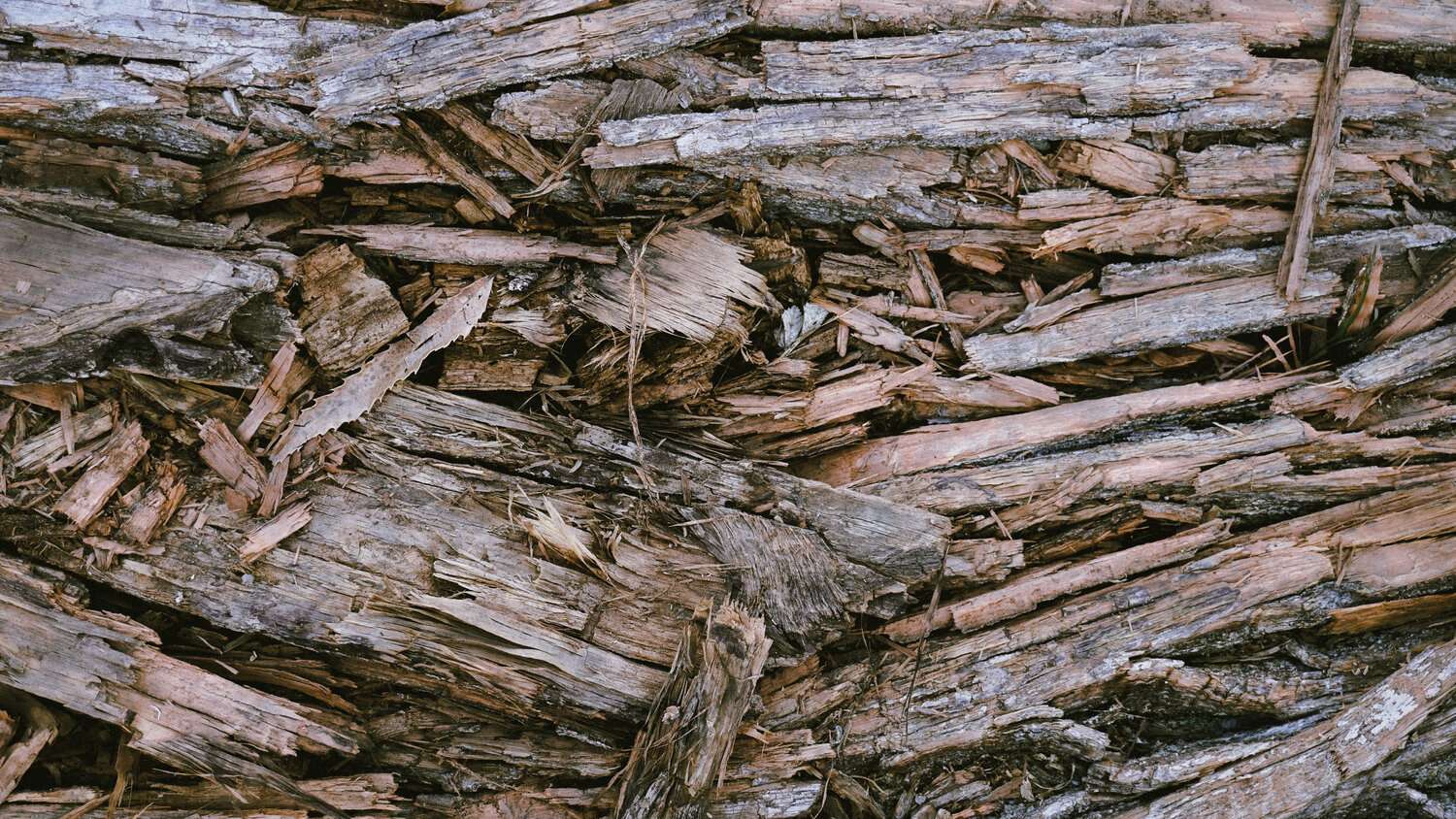
Processing Your Payment
Please do not leave this page until complete. This can take a few moments.
- News
-
Editions
-
- Lists
-
Viewpoints
-
Our Events
-
Event Info
- Women's Leadership Forum 2025
- On the Road with Mainebiz in Bethel
- Health Care Forum 2025
- On The Road with Mainebiz in Greenville
- On The Road with Mainebiz in Waterville
- Small Business Forum 2025
- Outstanding Women in Business Reception 2025
- On The Road with Mainebiz in Bath
- 60 Ideas in 60 Minutes Portland 2025
- 40 Under 40 Awards Reception 2025
- On The Road with Mainebiz in Lewiston / Auburn
- 60 Ideas in 60 Minutes Bangor 2025
Award Honorees
- 2025 Business Leaders of the Year
- 2024 Women to Watch Honorees
- 2024 Business Leaders of the Year
- 2023 NextUp: 40 Under 40 Honorees
- 2023 Women to Watch Honorees
- 2023 Business Leaders of the Year
- 2022 NextUp: 40 Under 40 Honorees
- 2022 Women to Watch Honorees
- 2022 Business Leaders of the Year
-
-
Calendar
-
Biz Marketplace
- News
-
Editions
View Digital Editions
Biweekly Issues
- April 21, 2025 Edition
- April 7, 2025
- March 24, 2025
- March 10, 2025
- Feb. 24, 2025
- Feb. 10, 2025
- + More
Special Editions
- Lists
- Viewpoints
-
Our Events
Event Info
- View all Events
- Women's Leadership Forum 2025
- On the Road with Mainebiz in Bethel
- Health Care Forum 2025
- On The Road with Mainebiz in Greenville
- On The Road with Mainebiz in Waterville
- + More
Award Honorees
- 2025 Business Leaders of the Year
- 2024 Women to Watch Honorees
- 2024 Business Leaders of the Year
- 2023 NextUp: 40 Under 40 Honorees
- 2023 Women to Watch Honorees
- 2023 Business Leaders of the Year
- + More
- 2022 NextUp: 40 Under 40 Honorees
- 2022 Women to Watch Honorees
- 2022 Business Leaders of the Year
- Nomination Forms
- Calendar
- Biz Marketplace
Bangor developer aims to bring biorefinery, jobs to former Lincoln mill site
 FILE PHOTO / MAUREEN MILLIKEN
The former Lincoln Paper and Tissue site, closed since 2015, is proposed as the site for development of an industrial-scale biorefinery that uses wood waste to make heating fuel.
FILE PHOTO / MAUREEN MILLIKEN
The former Lincoln Paper and Tissue site, closed since 2015, is proposed as the site for development of an industrial-scale biorefinery that uses wood waste to make heating fuel.
A Bangor-based developer of alternative fuels derived from wood waste is looking to locate a biofuels refinery on the former Lincoln Paper and Tissue site in Lincoln — and potentially create 200 jobs there.
Biofine Developments Northeast Inc. of Maine, the town of Lincoln and the Lincoln Lakes Innovation Corp. last week announced a tentative agreement to locate Biofine’s industrial-scale development on the former mill site.
“We have received the most constructive and productive response from the town of Lincoln,” Biofine’s founder and CEO, Steve Fitzpatrick, said in a news release. "We believe our project will be an engine for economic growth in the community, and we’re excited to be a part of it.”
Terms were not disclosed, and the agreement remains subject to final approval. If the proposal advances, the biorefinery would be the company's first, and would be built in two phases.
The Lincoln biorefinery, at 20 Depot St., would create 200 full-time jobs, according to a separate news release from the Southborough, Mass., trade association National Energy & Fuels Institute.
Biofine is a subsidiary of Brookline, Mass.-based Biofine Technologies Inc., which has developed the refining processes. They utilize waste wood products and other cellulose waste to produce ethyl levulinate, an alternative to traditional home heating fuel.
Co-products of the process include all-natural specialty chemicals used in food and fragrance production, as well as biochar for industrial use.
Established in 2019, Biofine's goal is to develop a biorefining industry in Maine in order to leverage collaborative research and development at the University of Maine and Maine’s combination of industrial infrastructure and wood-based biomass resources.

The technology has been supported by state agencies and enterprises that include a grant from Maine Technology Institute and technical development support from the University of Maine Forest Bioproducts Research Institute for commercialization of BDNE’s patented process.
In 2019, Biofine was awarded $750,000 by Maine Technology Institute under its Emerging Technology Challenge for Maine’s Forest Resources competitive grant program.
The mill, at one time Lincoln’s the town’s second-largest taxpayer and third-largest employer, closed in 2015 and initiated bankruptcy proceedings.
In addition to the biofinery, the site has been eyed for development of $31 million, 300,000-square-foot manufacturing plant by LignaTerra Global LLC, a North Carolina-based maker of cross laminated timber.
“The town of Lincoln envisions many new tenants at the Lincoln mill, all of whom will promote the town’s greater prosperity,” said Lincoln’s town manager, Rick Bronson.
Biofine “is an ideal anchor for this site repurposing, and a great catalyst for a range of upgrades and improvements at the mill.”
Lincoln Lakes Innovation Corp.’s chair, Jay Hardy, said Biofine’s development is viewed locally “as a big part of reinvigorating the local economy.”
Heather Johnson, commissioner of the Department of Economic and Community Development, said the project is expected to help diversify Maine’s forest industry and provide additional markets for low-grade wood residuals.
“This is a great step forward for the development of Maine’s bioeconomy and renewable biofuels industry,” Johnson said. “This project relies on the sustainable use of Maine’s natural resources but also leverages existing industrial assets in the town of Lincoln.”
The production of ethyl levulinate represents another step toward local, renewable, carbon-neutral heating fuel, said Charlie Summers, president and CEO of the Maine Energy Marketers Association in Brunswick.
Ethyl levulinate can replace heating oil or be blended into it alongside other renewable fuels. It has been tested for a decade by the National Oilheat Research Alliance and endorsed by National Energy & Fuels Institute.
Biofine and Portsmouth, N.H.-based Sprague Resources LP (NYSE: SRLP) last October announce a purchase agreement for the production and marketing of ethyl levulinate. Under the terms of the agreement, Sprague will facilitate the commercialization of ethyl levulinate through its commitment to purchase and market a significant portion of the fuel produced from Biofine’s first production facility.
Biofine retained Treadwell Franklin Infrastructure Capital of Yarmouth for development services and financing. Treadwell is readying project financing packages for lenders and investors.














0 Comments